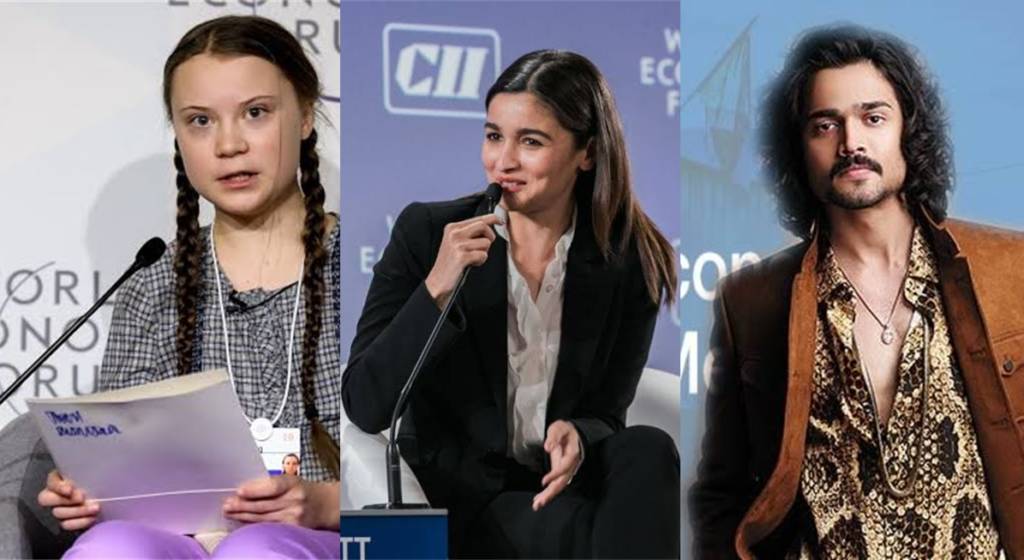The attendees of the World Economic Forum this year belong to a diverse professional background, including the people from cinema, spirituality, comedians and the environmentalists. From India, apart from industrialists and government representatives, Sadguru Jaggi Vasudev, Bollywood star Deepika Padukone, Comedian Bhuvan Bam are scheduled to attend the event.
So the question arises that, why the World Economic Forum is trying to diversify and is inviting the people whose opinion or deeds have ‘very little importance’ for the agenda of the group. People like Bhuvan Bam have next to nothing to contribute to the goals to WEF, and therefore, when these people are invited to the Forum, it raises the question that, what the managers are trying to achieve through these mascots.
Some analysts argue that the WEF is simply trying to stay relevant. In the last few years, the organization has faced severe criticism from the global community for being ‘elitist’, and several controversies have propelled. Critics have argued that the global elites meet in Davos to decide the agenda for the world, and these people coordinate to undermine the democratic institutions around the world.
To answer this criticism and put an end to these controversies, the WEF is trying to give space to people from different background, even if they are not valuable to its agenda. Last year, Dutch author Rutger Bergman, said “No one raises the real issue of tax avoidance, right? And of the rich just not paying their fair share. I mean, it feels like I’m at a firefighters conference, and no one is allowed to speak about water.”
Another person who has regularly criticized the gathering is Time’s editor at large Anand Giridharadas, who said that it is “a family reunion for the people who broke the world.” The event, which has been often termed as elite and out of touch, is defended in the name of using the elites in a positive way.
However, German economist and engineer Klaus Schwab, who is founder of the conference, defended the event by saying: “Elites have always existed. We bring together people of influence, and we hope that they use their influence in a positive way.”
This year, the WEF is scheduled from 21 to 24 January, and 3,000 people from 117 countries are expected to attend the event. And the list of invitees is very diverse, with more than 20 per cent of the people belonging to the fields like Cinema, Comedy, environment and so on, which are of trivial importance for the agenda of the WEF.
WEF started in 1971 as European Management Forum, with the aim “to make European businesses think more about stakeholders beyond those who own their shares and to expose them to American management methods.” In the last five decades, the gathering at WEF set the agenda for the world economy. Its importance rose during the era of hyper globalization, and the gathering contributed to the acceleration of globalization.
But, with the rise in the protectionist wave, and rise of Nationalism is in the second decade of 21st century, the importance of WEF has declined and now, the institution is trying to remain relevant by inviting people from show business, and activists, who could attract maximum media attention.
